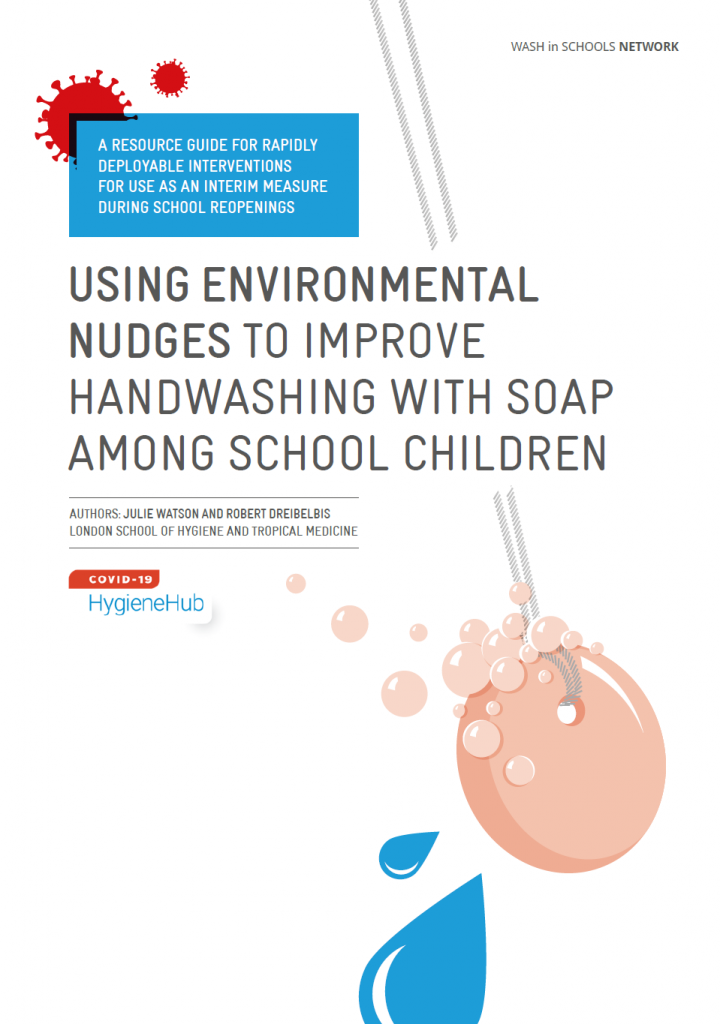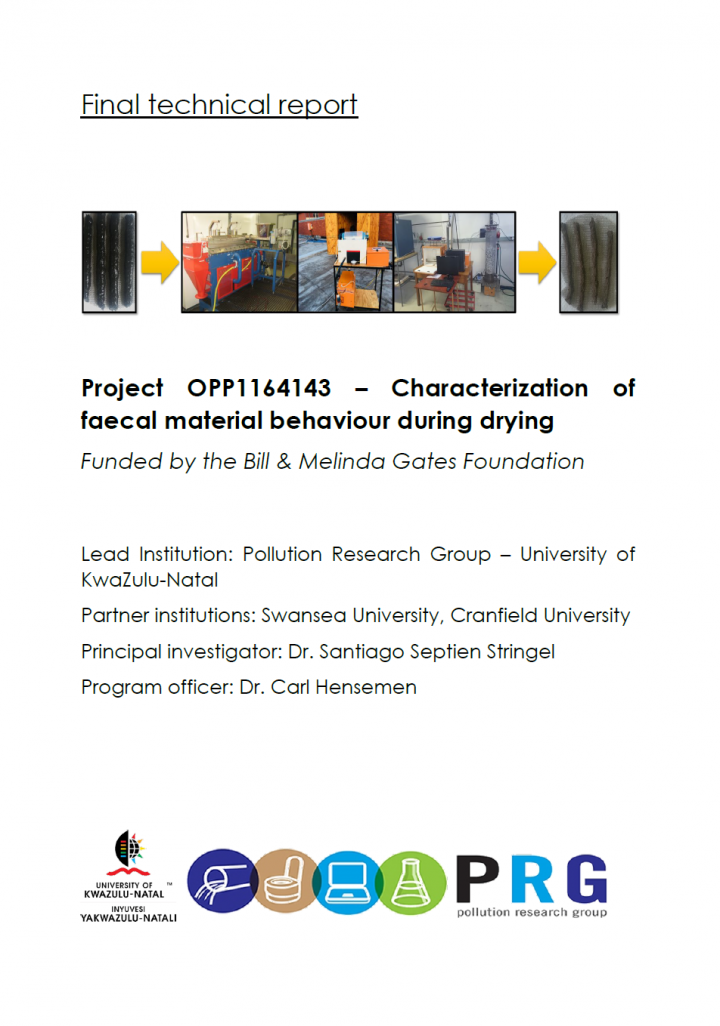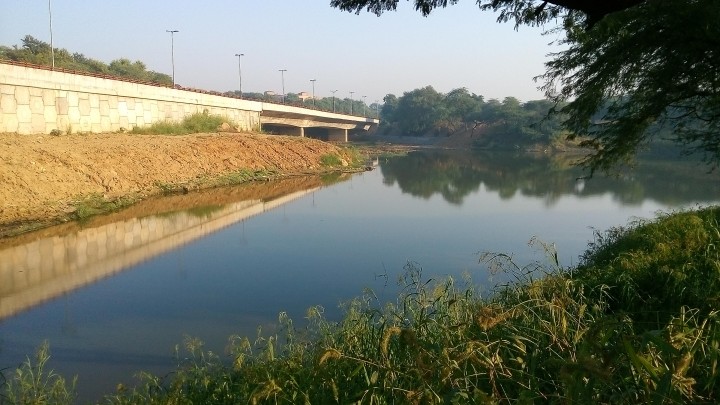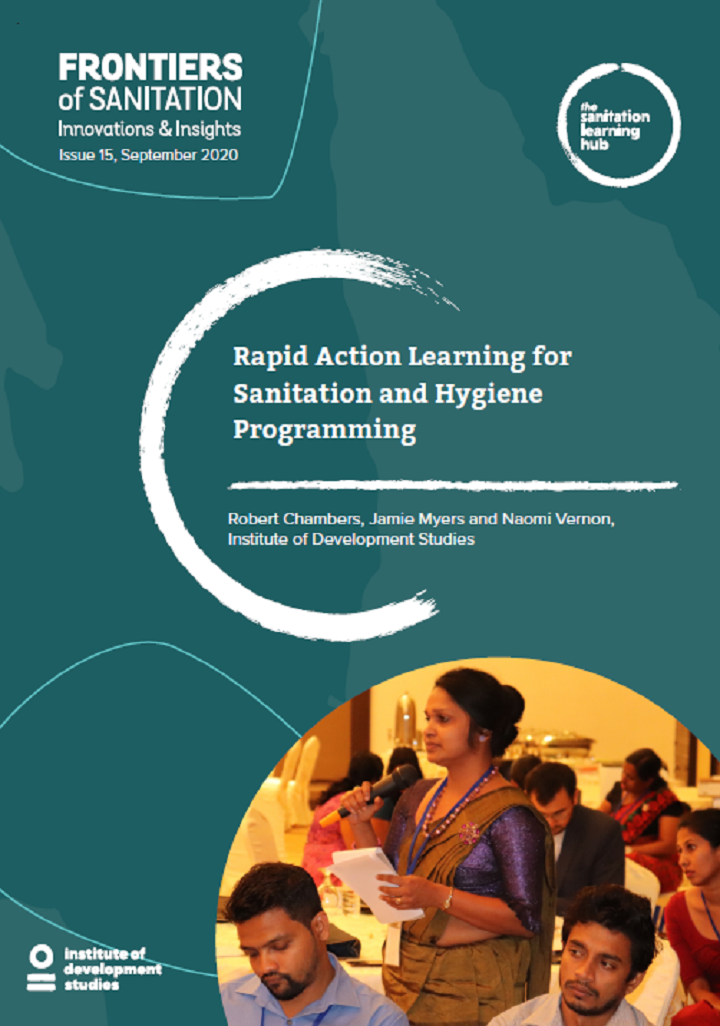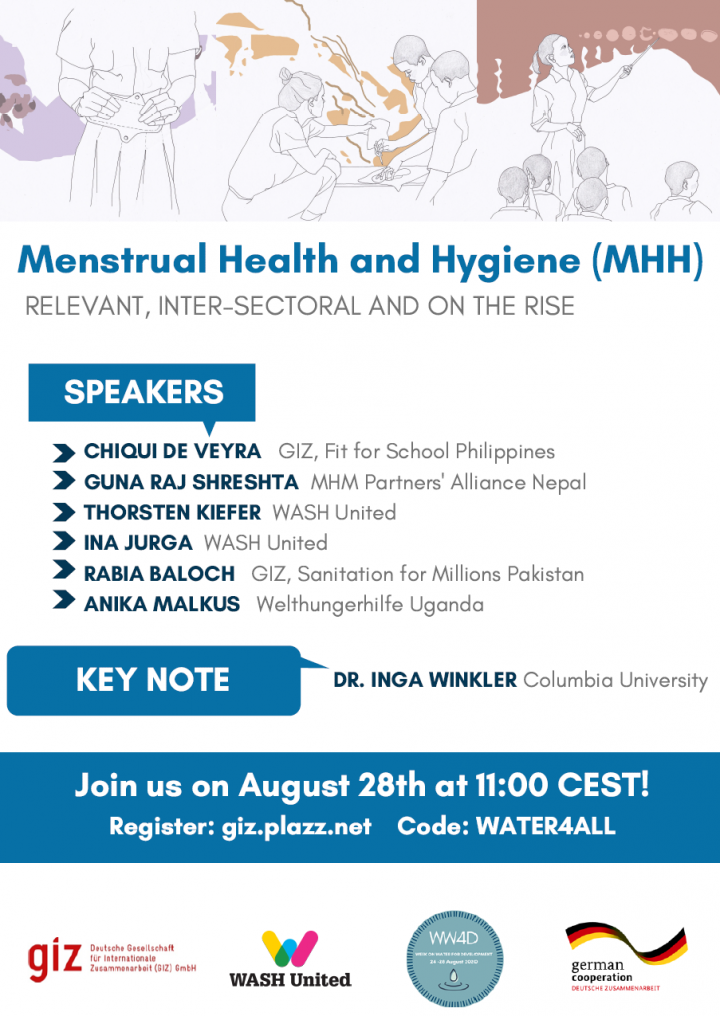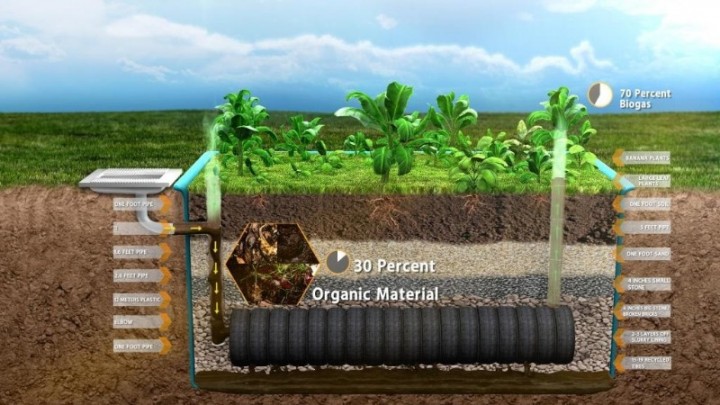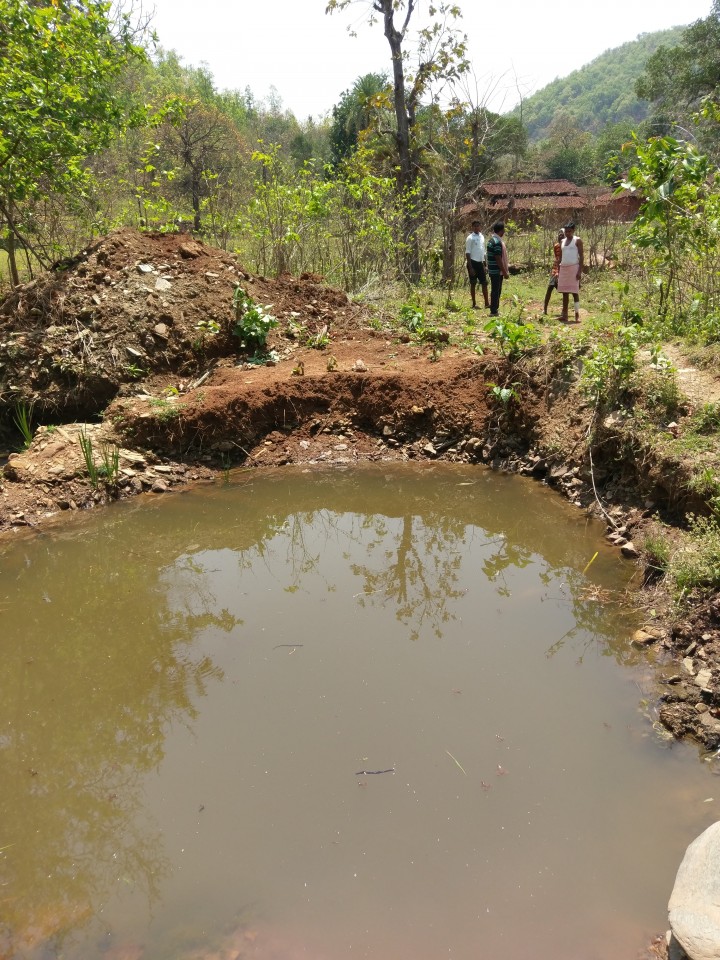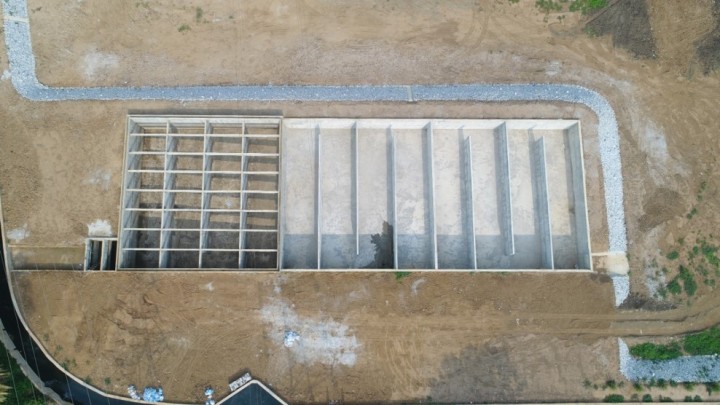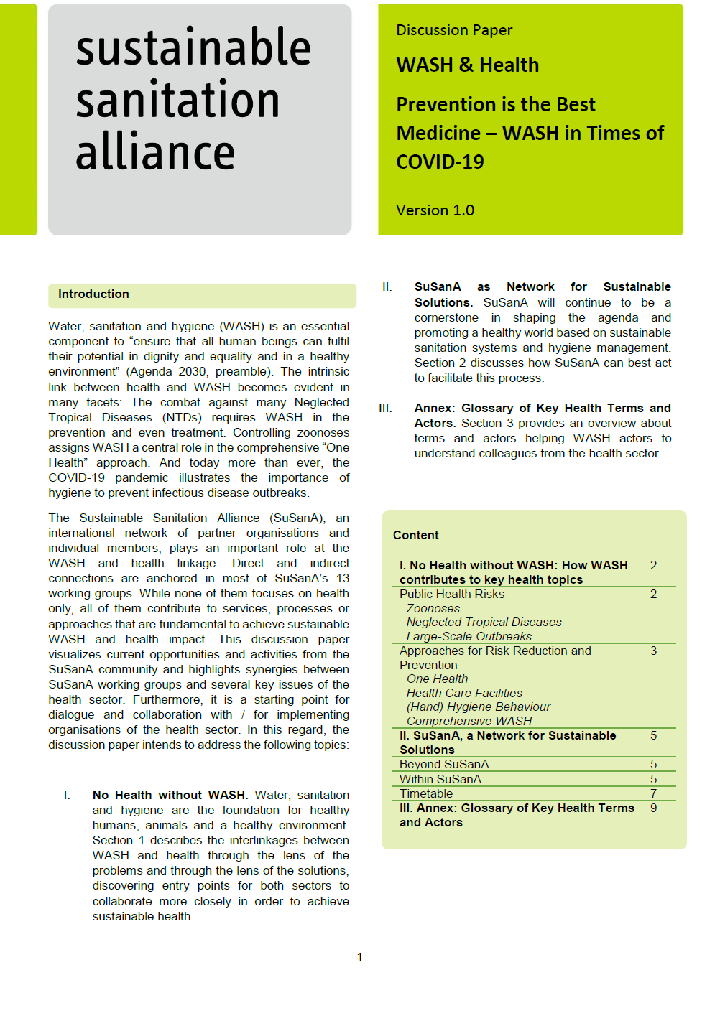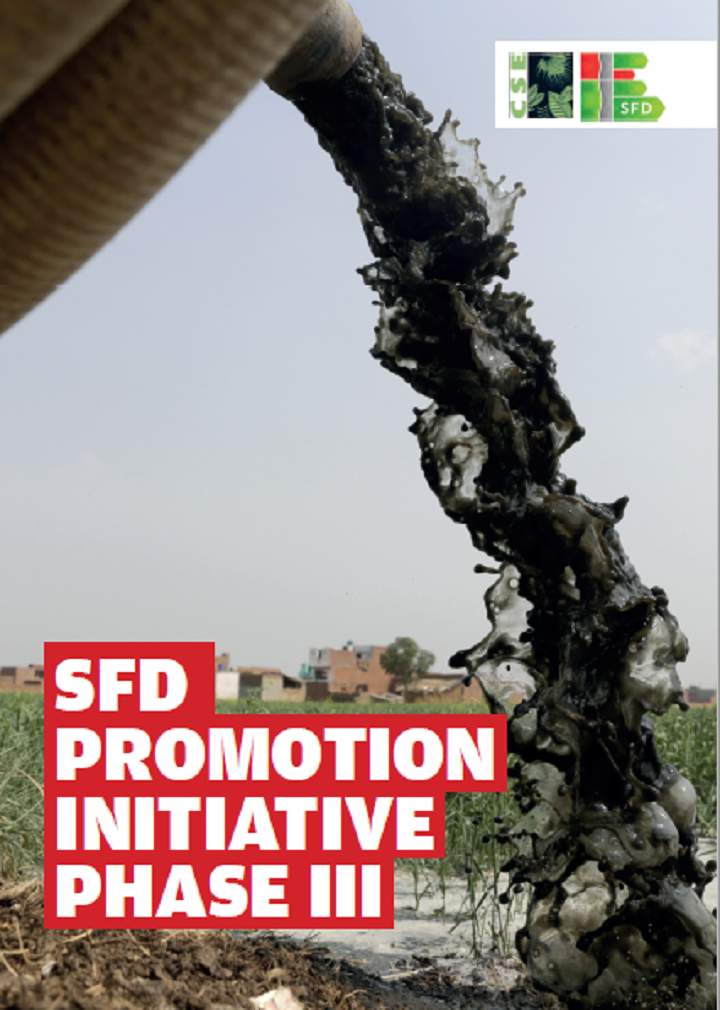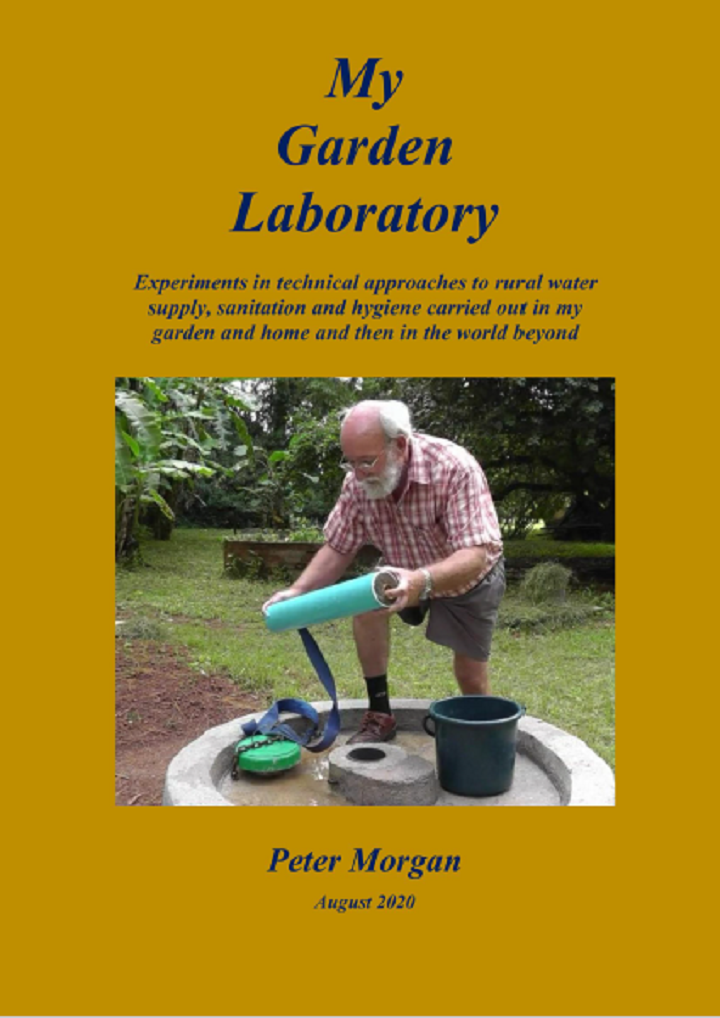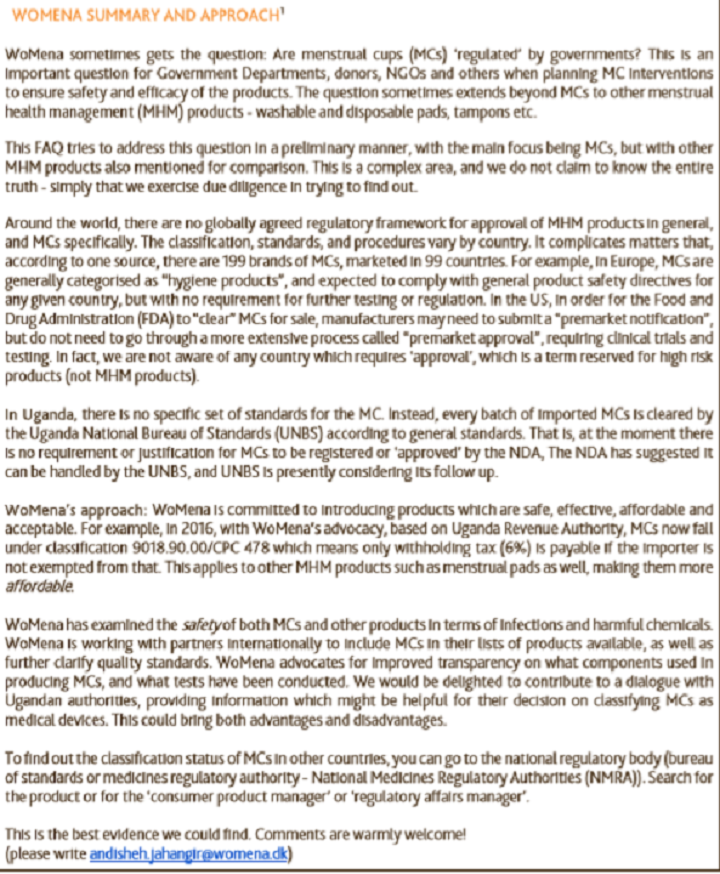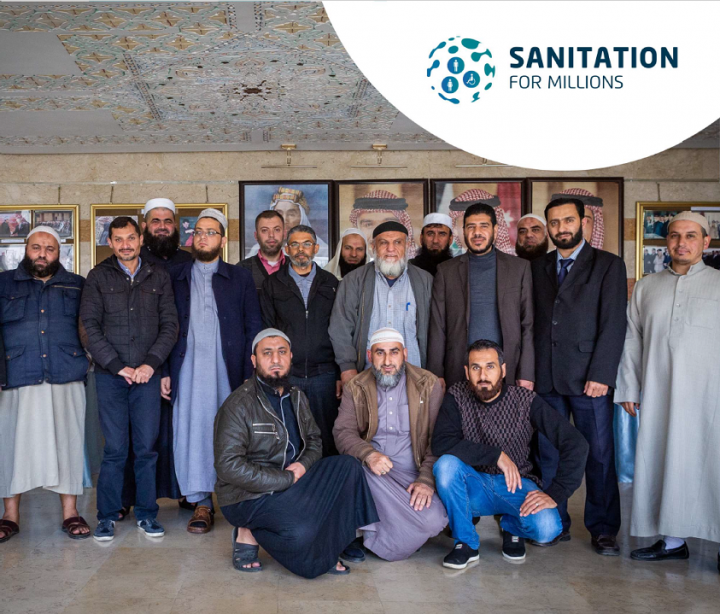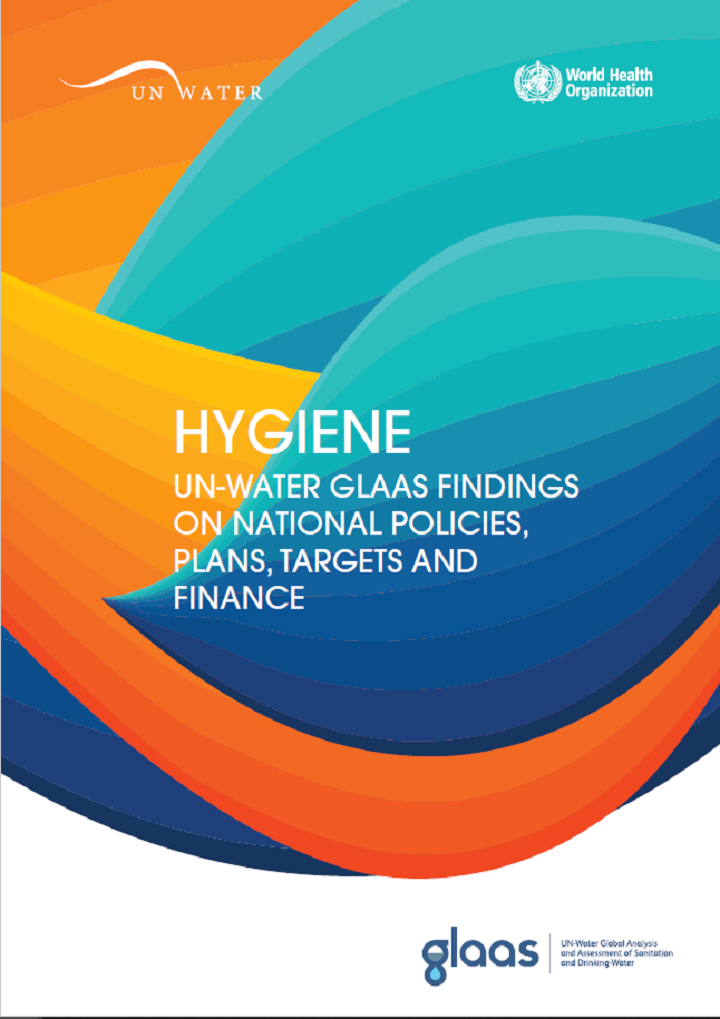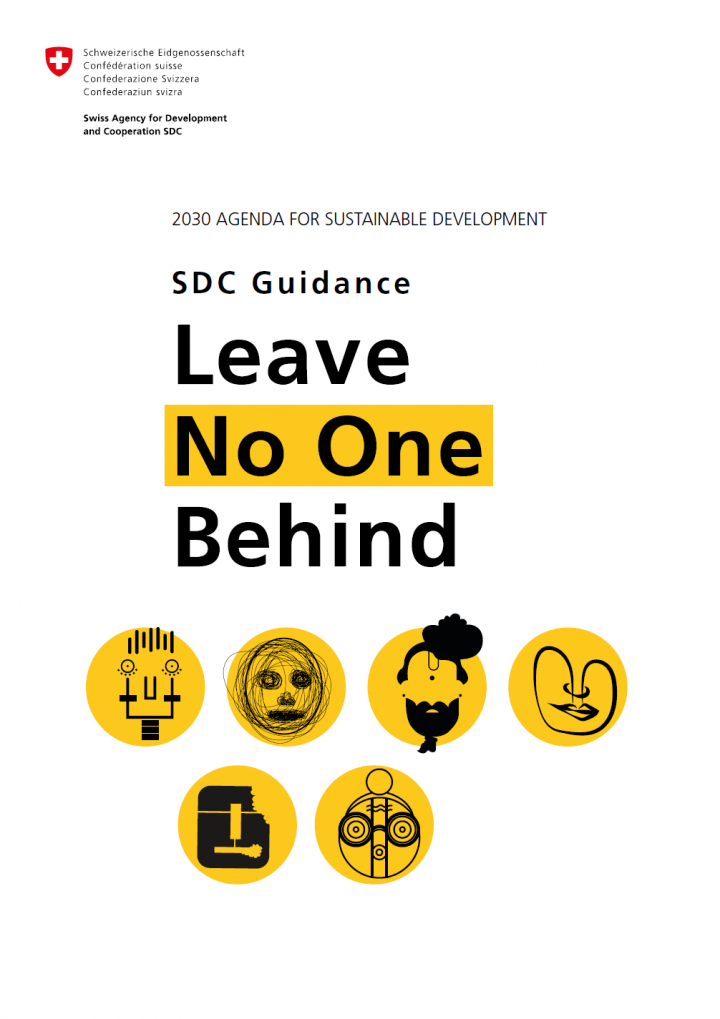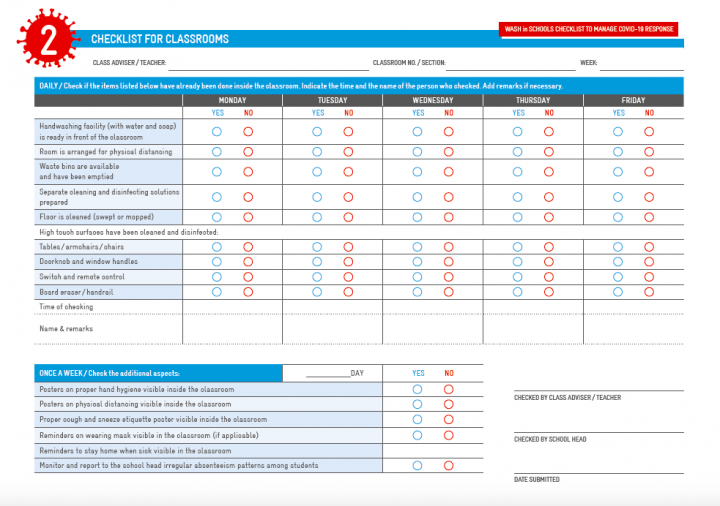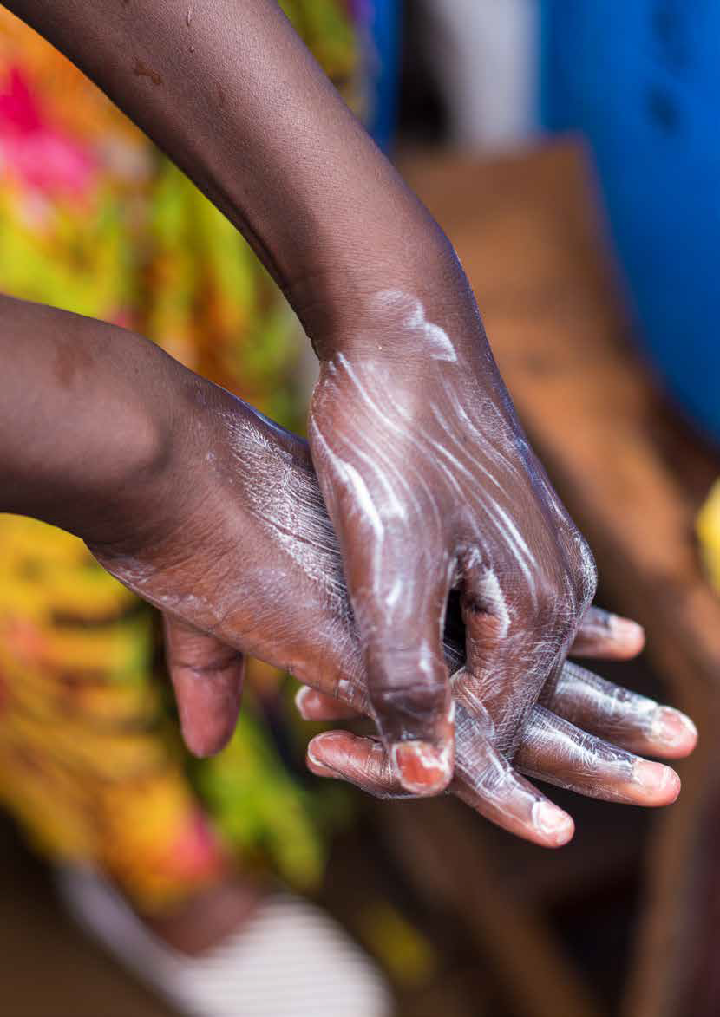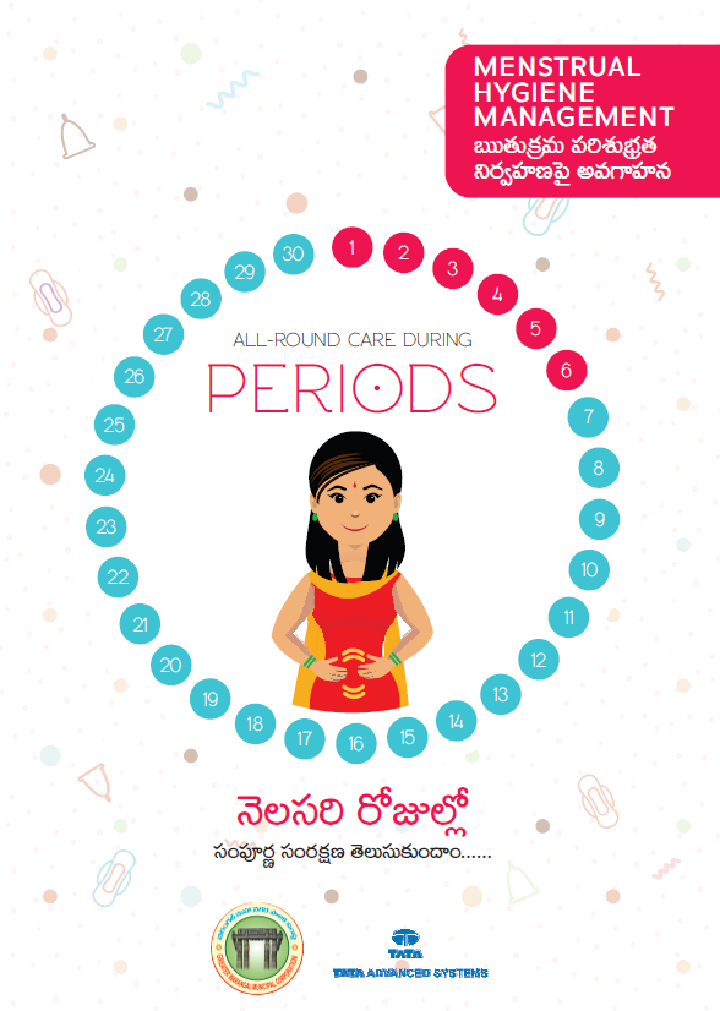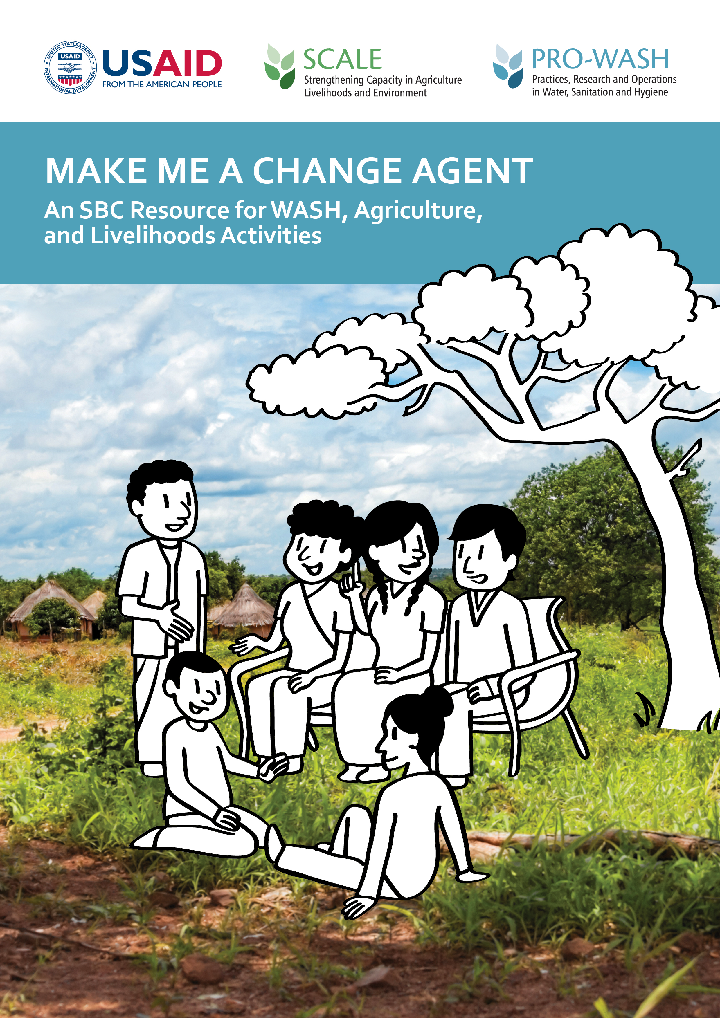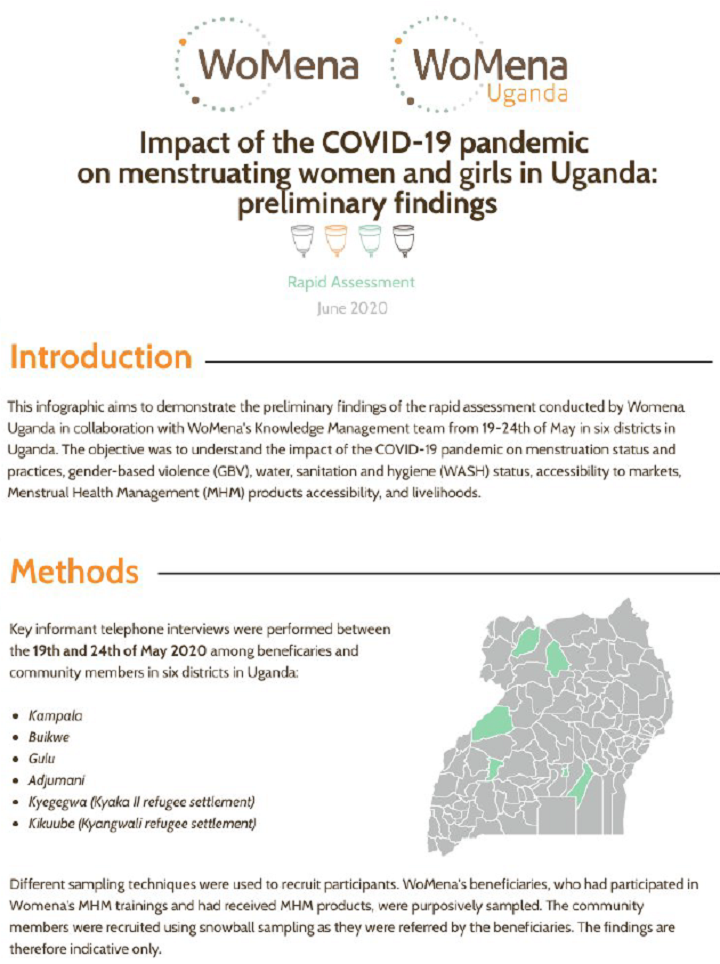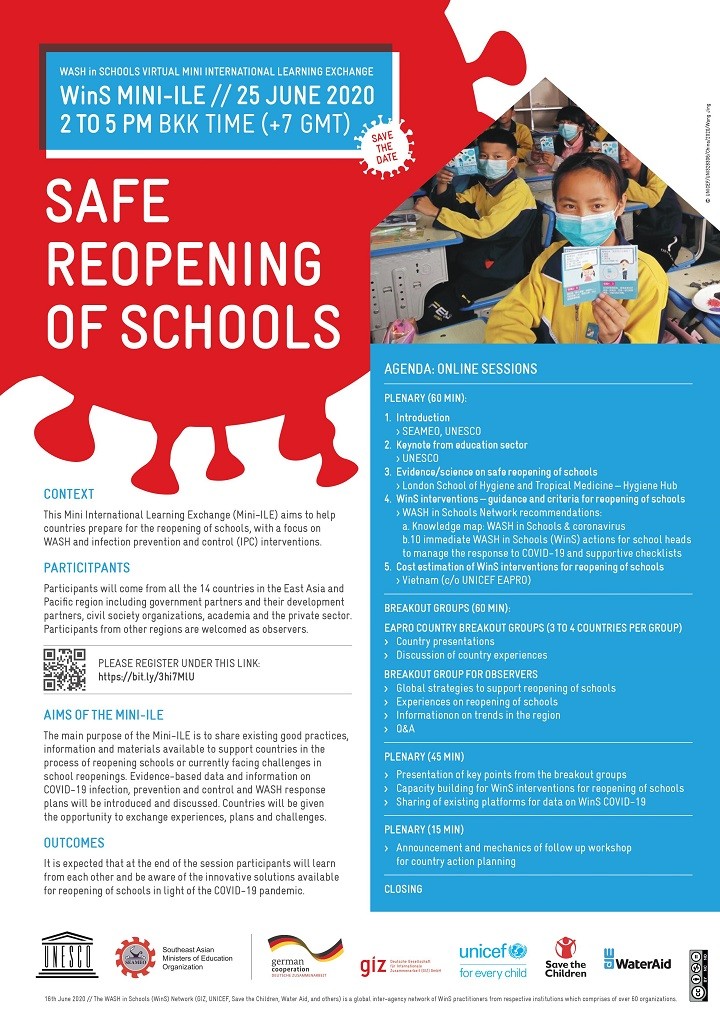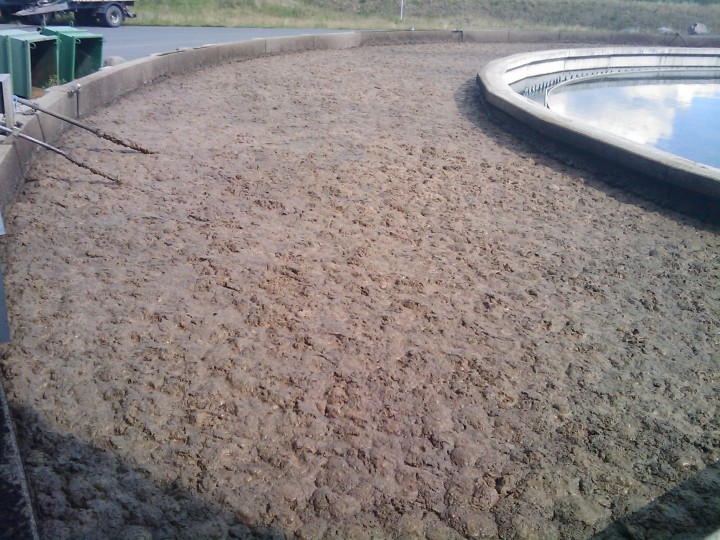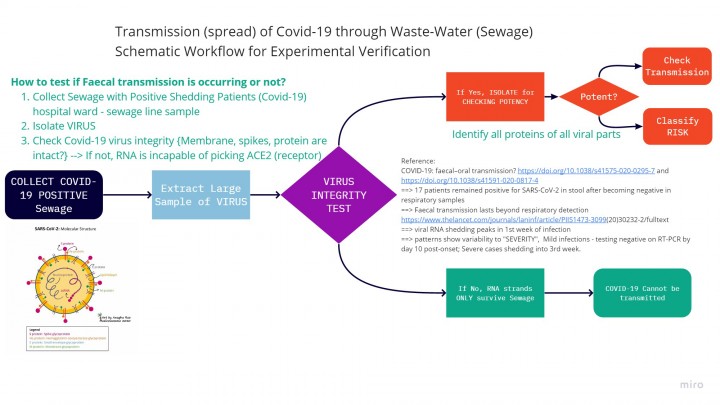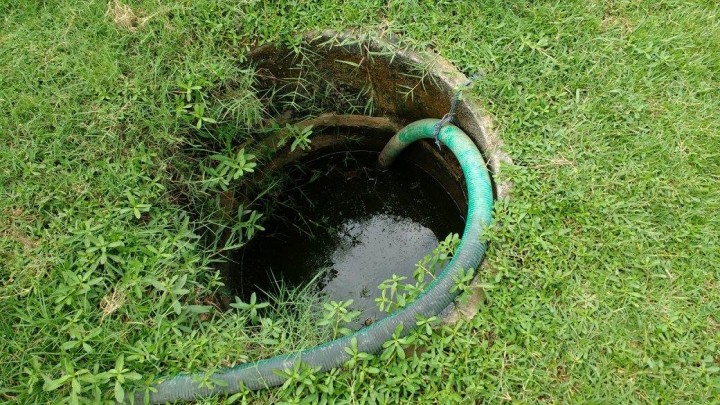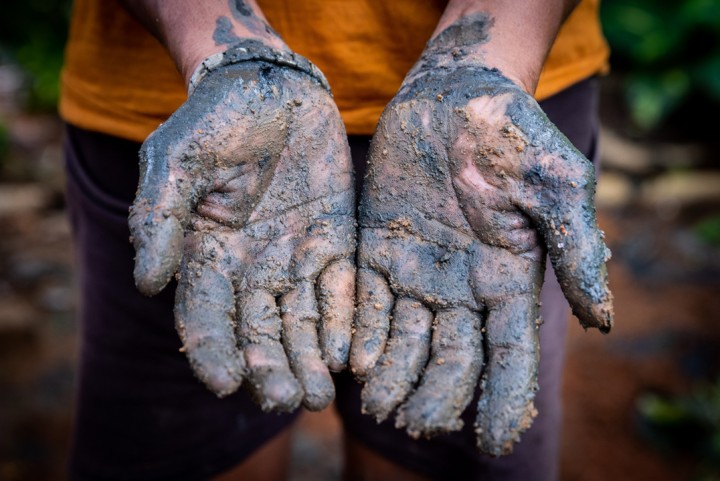Searching for information on Sanitation Workers?
The Sanitation Workers Knowledge + Learning Hub is the best source for all current news, trends, articles and updates on sanitation workers rights around the world.
This resource guide by Watson, J. & Drebelbis, R. provides an overview of the science behind nudge-based handwashing interventions and the evidence supporting the use of environmental nudges for handwashing in schools in low-resource settings. Resources and tools for planning and implementing nudge-based interventions in schools are also provided.
This publication is the final technical report of a project, which was funded by the Bill & Melinda Gates Foundation. The link to the project can be seen below.
Drying is a relevant unit operation during faecal sludge and fresh faeces treatment. It allows the removal of moisture from the faecal matter and its disinfection, so making it safer to handle, easier to transport and a more suitable …
The Department of Drinking Water and Sanitation (DDWS) under the Ministry of Jal Shakti, Government of India, recently brought out the strategy and guidelines for SBM Phase II, 2020-21 to 2024-25 to consolidate gains made in SBM Phase I. While the goal in the first phase was eliminating open defecation by constructing toilets, the goals in the second phase are much more ambitious. The outlay for …
In October 2019, a group of leading organisations in the sanitation and hygiene (S&H) sector – Plan International, SNV, UNICEF, WaterAid, the World Bank and World Water Supply and Sanitation Collaborative Council (WSSCC) – published a call to action.1 This stressed renewing commitment and stepping up ambitions and investments to rural S&H and called for evidence-based and adaptive …
MHH contributes to gender equality, better education and employment, and the realization of sexual and reproductive health and rights. In this session progress and success stories of MHH globally and within the German Development Cooperation were presented and opportunities for sustaining and scaling the momentum were discussed.
The menstrual movement has made progress in the recent years, …
Water, sanitation and hygiene (WASH) is an essential component to “ensure that all human beings can fulfil their potential in dignity and equality and in a healthy environment” (Agenda 2030, preamble). The intrinsic link between health and WASH becomes evident in many facets: The combat against many Neglected Tropical Diseases (NTDs) requires WASH in the prevention and even treatment. …
An excreta flow diagram (also often described as shit flow diagram, SFD) is a tool to readily understand and communicate how excreta physically flows through a city or town. For more information on SFDs and the SFD Promotion Initiative visit https://sfd.susana.org/. During the first two phases of the SFD Promotion Initiative, the SFD approach and the tools and methods for the production of SFDs …
There is something about being an experimenter and a scientist that never quite fades despite ones age or the fact that, as the years pass, as one gets older, the brain and the body never quite functions as efficiently as it used to do. Having been a student of Zoology in my early years and trained in the scientific method of a bygone era (1960’s) and later adapted to a completely different …
WoMena Summary and Approach
WoMena sometimes gets the question: Are menstrual cups (MCs) ‘regulated’ by governments? This is an important question for Government Departments, donors, NGOs and others when planning MC interventions to ensure safety and efficacy of the products. The question sometimes extends beyond MCs to other menstrual health management (MHM) products – washable and …
Universal access to adequate sanitation is one of the under-appreciated achievements of many societies – and unfortunately remains a distant dream for millions. Even in countries where there is no home without a toilet, public institutions tend to have facilities that are part of the unseen fabric of civilisation. Familiar signs guide the way to public conveniences that are usually open to …
Frequent and proper hand hygiene is one of the most important measures that can be used to prevent infection with the COVID-19 virus. Actions by governments to promote hygiene, including handwashing with soap and water and providing hygiene infrastructure such as public handwashing facilities, are critical at this time. These actions should be complemented by activities to ensure access to water …
The 2030 Agenda for Sustainable Development recognises “that eradicating poverty in all its forms and dimensions, including extreme poverty, is the greatest global challenge and an indispensable requirement for sustainable development”. In adopting this Agenda, the international community pledged to leave no one behind, to see to it that the Goals and targets are met for all nations and …
The Hand Hygiene for All Global Initiative is led by WHO and UNICEF. It aims to implement WHO’s global recommendations on hand hygiene to prevent and control the COVID-19 pandemic and work to ensure lasting infrastructure and behavior. It calls for countries to lay out comprehensive roadmaps to ensure hand hygiene is a mainstay beyond the pandemic. It also proposes a framework for coordination …
Menstrual Hygiene Management is fundamental to the dignity and wellbeing of girls. Menstrual hygiene education, availability of water and toilets, safe sanitation facilities with access to sanitary products, are important factors enabling girls to attend school and lead a healthy life, not interrupted by menstruation.
This guidance booklet is an education resource to help girls to manage, with …
Make Me a Change Agent: An SBC Resource for WASH, Agriculture, and Livelihoods Activities is an adapted version of the Make Me a Change Agent: A Multisectoral SBC Resource for Community Workers and Field Staff guide (produced in 2015 under The TOPS Program) and was co-created by the USAID Office of Food for Peace (FFP)-funded SCALE and PRO-WASH awards.
This adapted Make Me a Change Agent …
WoMena Uganda conducted a rapid assessment in collaboration with WoMena’s Knowledge Management team in six districts in Uganda to understand the impact of the COVID-19 pandemic on menstruating girls and women. The infographic shows the assessment’s preliminary findings on menstruation status and practices, gender-based violence (GBV), water, sanitation and hygiene (WASH) status, accessibility …
An overview of, as well as the presentations from the Mini ILE can be found following the first external link below "Resources and Overview of the ILE Virtual Conference". Additional resources are provided following the other external links as well as in the provided PDF "WASH in Schools Checklist to Manage COVID-19 Response".
Research from past epidemics of the severe acute respiratory syndrome (SARS) caused by coronaviruses has suggested viruses are excreted in stools by infected human beings. They have been detected in sewage. Mapping where they were found can help determine if there were infections in a geographic area. This method has been used to keep tabs on polio and use of drugs, especially cocaine.
Traces …

